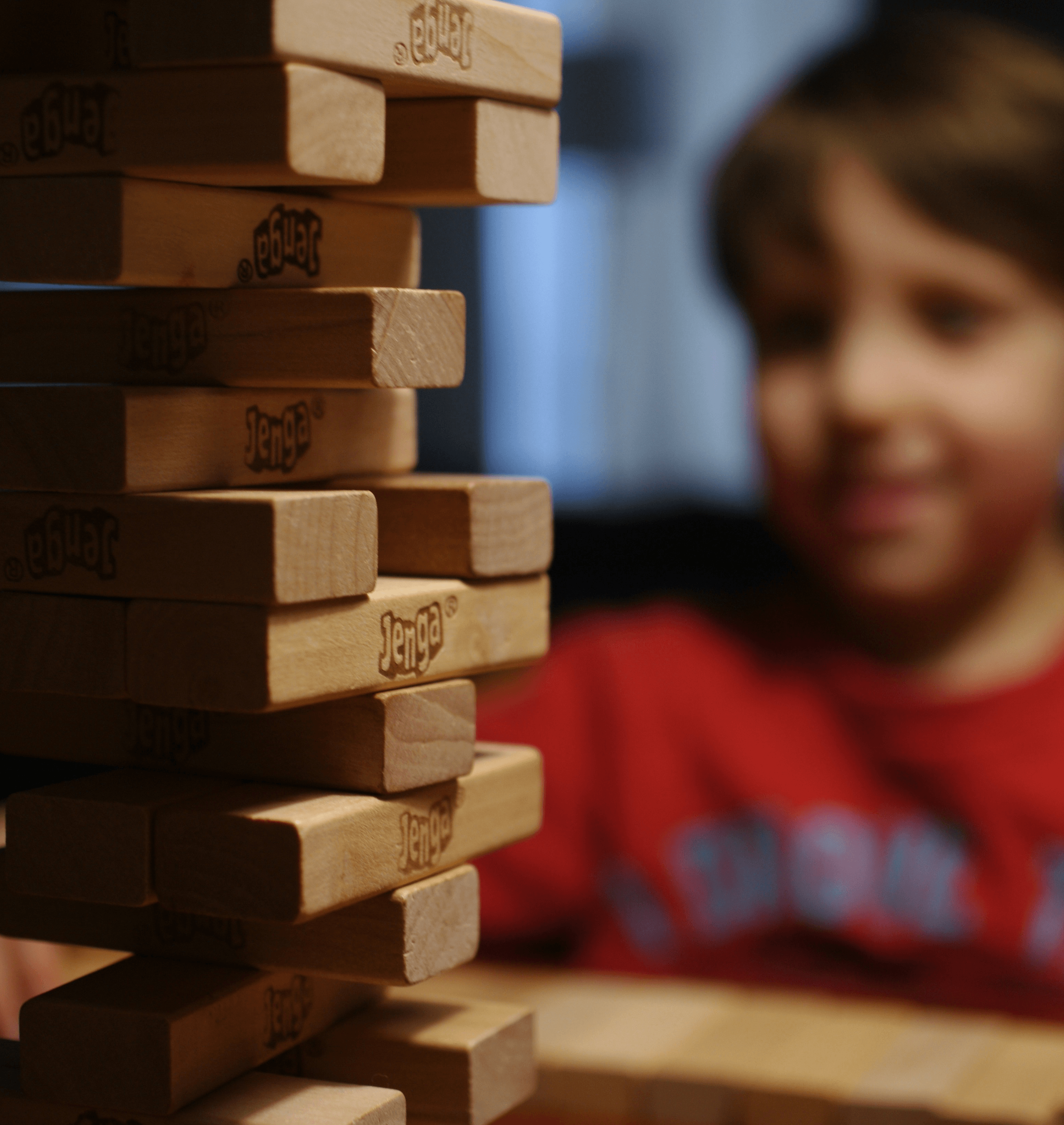Neurodevelopmental disorders

In our clinic we offer specialized support for children and young people with neurodevelopmental disorders. Our goal is to accompany families in the development process, providing tools that favor a better adaptation and personal growth in the educational, family and social environment.
TEA
ASD is a complex disorder that affects communication skills, social interaction and behavior. Children with ASD often show restricted interests, repetitive activities and difficulties in understanding social or emotional cues. Degrees of impairment vary considerably, from mild cases to those requiring significant support in daily life.
Families often consult for delays in speech development, difficulties in establishing eye contact, repetitive behaviors or social interaction problems in school settings. Concerns about handling emotional crises or behavioral problems resulting from inflexibility to change are also common.
ADHD
Attention Deficit Hyperactivity Disorder (ADHD) is characterized by a combination of inattention, hyperactivity and impulsivity that can interfere with academic and social development. Children with ADHD often have trouble staying focused, following directions or controlling impulses, which can lead to difficulties in school performance and relationships with others.
Families often seek support when they notice difficulties with sustained attention, behavioral problems in the classroom, frequent forgetfulness, or an excessive level of physical activity that is not consistent with their environment. They are also concerned about impulsivity and lack of self-control, which can lead to social or family conflicts.
Intellectual Disability
Intellectual disability involves significant limitations in cognitive functioning and adaptive behavior. This affects areas such as reasoning, problem solving, academic learning and daily living skills such as communication, self-care and social life. Intellectual disability can range from mild to severe, depending on the degree of impairment.
Families often consult for overall developmental delays, difficulties in acquiring basic skills such as language, problems adapting to daily life and poor academic performance. Concern about the child’s future, especially in terms of independence and autonomy, is also common.
Communication Disorders
Communication disorders include difficulties in language development, speech production, comprehension, and use of verbal and nonverbal communication. They can come in different forms, such as specific language disorder, phonological disorder, fluency disorder (stuttering), and social communication disorder. These disorders affect a child’s ability to express thoughts, interact effectively with others and understand language, which impacts academic and social performance.
Families often consult for delays in language acquisition, problems forming complete words or sentences, difficulty carrying on a conversation or understanding what others are saying. They may also be concerned about lack of gestures or facial expressions to accompany speech, inability to understand social rules of communication, or problems with speech fluency.
Specific learning difficulties
Learning disabilities include specific difficulties in academic areas such as reading (dyslexia), writing (dysgraphia) or mathematics (dyscalculia). These disorders are not related to general intelligence, but can seriously interfere with a child’s school performance and emotional well-being. Families often seek help when their child shows persistent difficulties in learning to read, write, or do math, despite receiving additional support at school. They may also be concerned about the child’s low self-esteem, stress related to academic failure, or emotional problems resulting from these difficulties.
Motor Disorders
Motor disorders include a number of conditions that affect the ability to plan, coordinate and execute voluntary movements. These include Developmental Coordination Disorder (DCD) and Motor Disorders with Tics (such as Tourette Syndrome). These disorders can interfere with a child’s physical performance, affecting both fine motor skills (such as writing or buttoning a shirt) and gross motor skills (running, jumping). Children with motor disorders often appear clumsy or have difficulty performing physical activities that others their age easily master.
Families often seek help when they notice difficulties in activities that require coordination or precision, such as drawing, writing, playing sports, or when they observe involuntary movements such as repetitive tics. Concerns may also include delays in early childhood motor development, such as problems with crawling, walking, or manipulating objects.